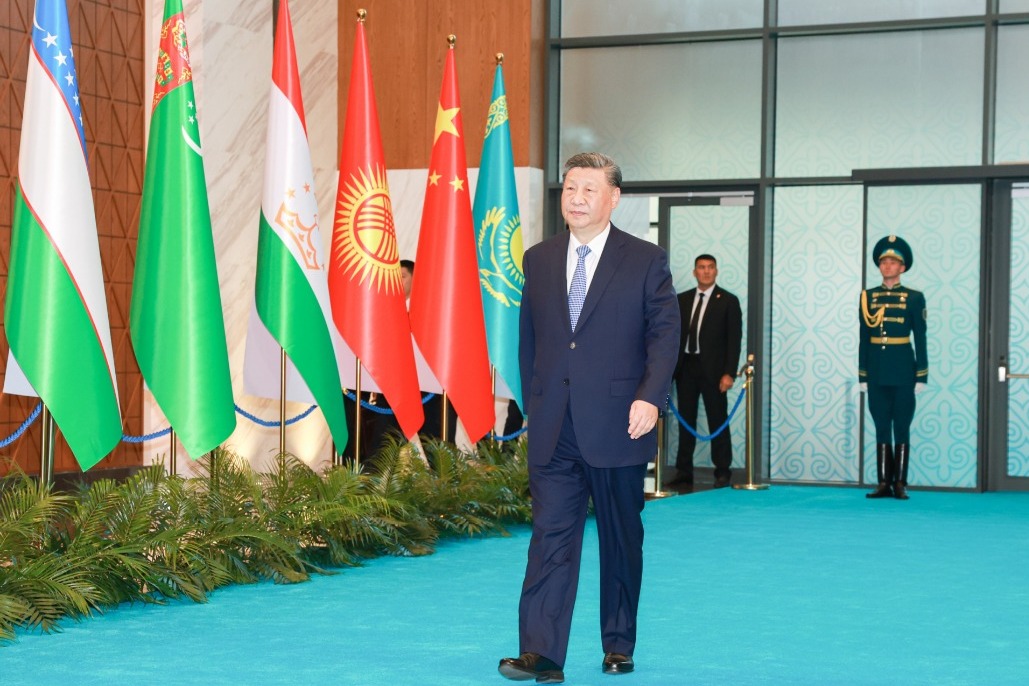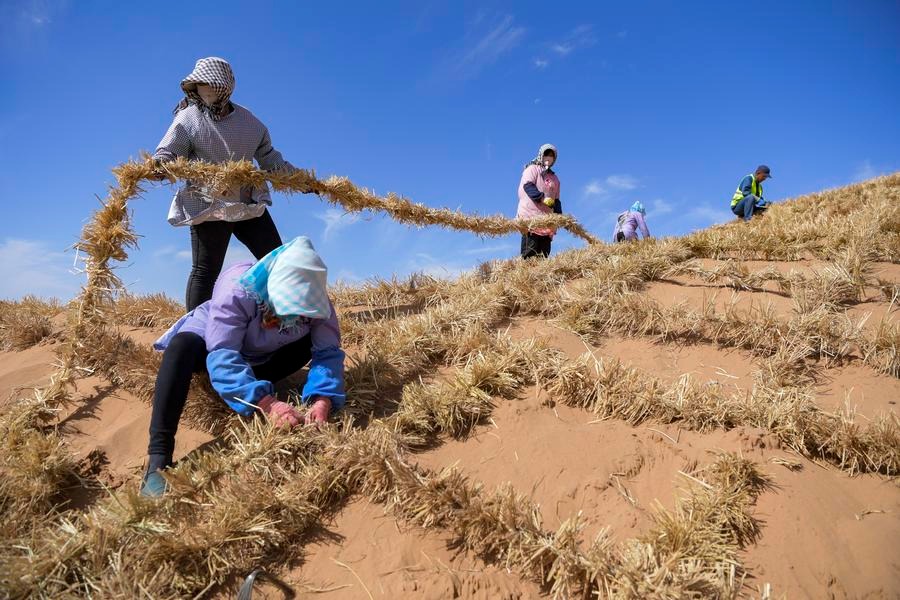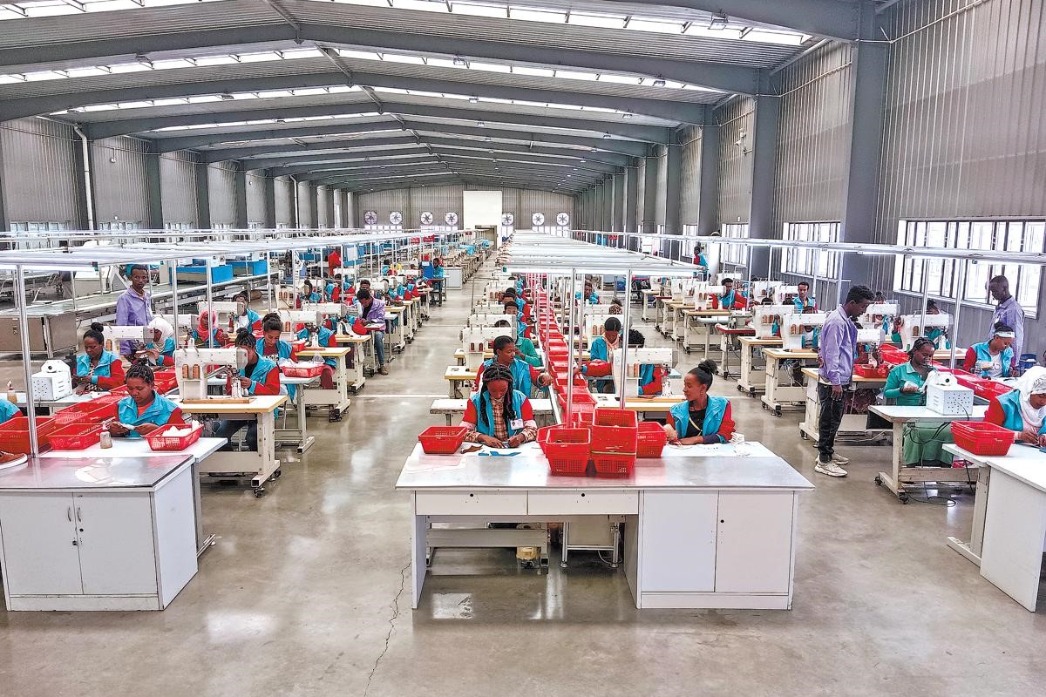Hengzhou jasmine farmers bloom with digital help

Jasmine farmers in Hengzhou, Guangxi Zhuang autonomous region, are seeing their incomes rise as digital technology and automation modernize cultivation in one of the world's largest jasmine-producing regions.
With centuries of cultivation history, Hengzhou is known as the "jasmine capital of the world". The city produces six of every ten jasmine flowers globally, which is partly attributable to the Digital Jasmine platform developed by Guangxi Talent Cloud with support from the local government.
Digital Jasmine uses AI-powered tools to diagnose plant diseases via smartphone photos, produce real-time harvest guidance from weather maps, and track minute-by-minute price fluctuations at the four flower auction markets in the city.
"Jasmine planting is now more standardized and scientific," said Cai Wanghong, Party secretary of Hengzhou's Shijing village, noting how local incomes rose to 32,000 yuan ($4,450) per capita in 2024, up from 30,000 yuan in 2023.
The Digital Jasmine platform is one part of the modernization process happening in the city. On-demand drone spraying services help to manage pest control. At processing centers, QR codes trace each flower's journey from soil to shelf.
Farmers can also use QR codes to irrigate. This automated system has reduced irrigation time from half a day to just 30 minutes, according to data provided by the local government.
Heritage remains at the heart of this transformation. The Hengzhou Vocational and Technical School has a program that teaches students the art of making and serving jasmine tea.
Xie Dagao, a tea master and inheritor of intangible cultural heritage, passes on the ancient tradition of jasmine tea-making. "Jasmine flower tea is known as 'the tea that carries the scent of spring'," he said of the city's top industry.
Hengzhou has 17 companies registered for foreign trade. Together, they sold over 3,000 metric tons of jasmine in 2024, according to government data.























